
Sleep Hygiene Doesn’t Cure Insomnia—Do This Instead
Sleep hygiene is so bad at treating insomnia that it's used as the placebo in clinical sleep trials. Before you buy darker blackout curtains, try these expert tips

Sleep hygiene is so bad at treating insomnia that it's used as the placebo in clinical sleep trials. Before you buy darker blackout curtains, try these expert tips

Toxic airborne particles can travel from lungs and nose to the brain, and exposure is linked to memory loss
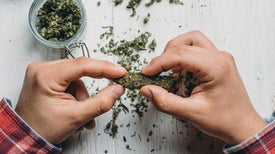
Rigorous new studies should be able to settle the matter

Being female is a risk factor for Alzheimer’s. Why?
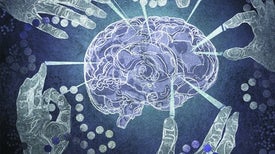
Amyloid, the leading target for dementia therapy, faces skepticism after drug failures
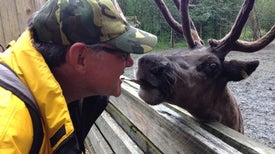
Here are some “highlights” from the past 13.5 years of this podcast.

Fresh approaches and hopeful clues in the search for novel therapies
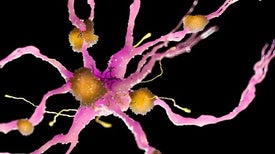
Some nominally high-risk individuals may have a lower chance of developing dementia than once thought
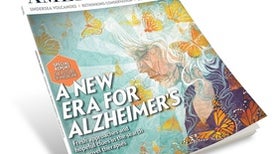
A new era for Alzheimer’s and journalism in the time of coronavirus

It is time for a fresh approach to the illness

Alzheimer’s took my wife’s memory and her life and tortured our family. There was nothing we—or medicine—could do to stop it
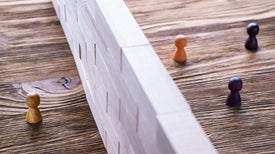
Most autistic individuals want to and can make friends, though their relationships often have a distinctive quality
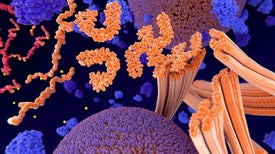
The protein, once seen as a secondary player, has taken a leading role in combating neurodegenerative illnesses

Such children’s neural circuits do not transition properly from an active state to a resting one

Particular antioxidants in fruits and vegetables may lower chances of getting the disease
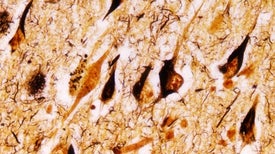
It may open the door to new treatments and explain why previous ones failed
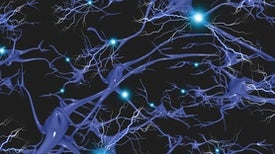
A complex natural signaling system could help address impulse-control disorders

Promoting “healthspan” involves exercise and games
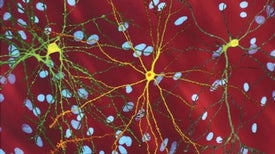
The disease may begin in the womb and require treatment early in life
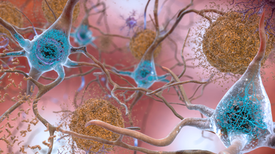
Will the benefits of aducanumab be enough to justify FDA approval, given its small benefit and high price?
Support science journalism.

Thanks for reading Scientific American. Knowledge awaits.
Already a subscriber? Sign in.
Thanks for reading Scientific American. Create your free account or Sign in to continue.
Create Account